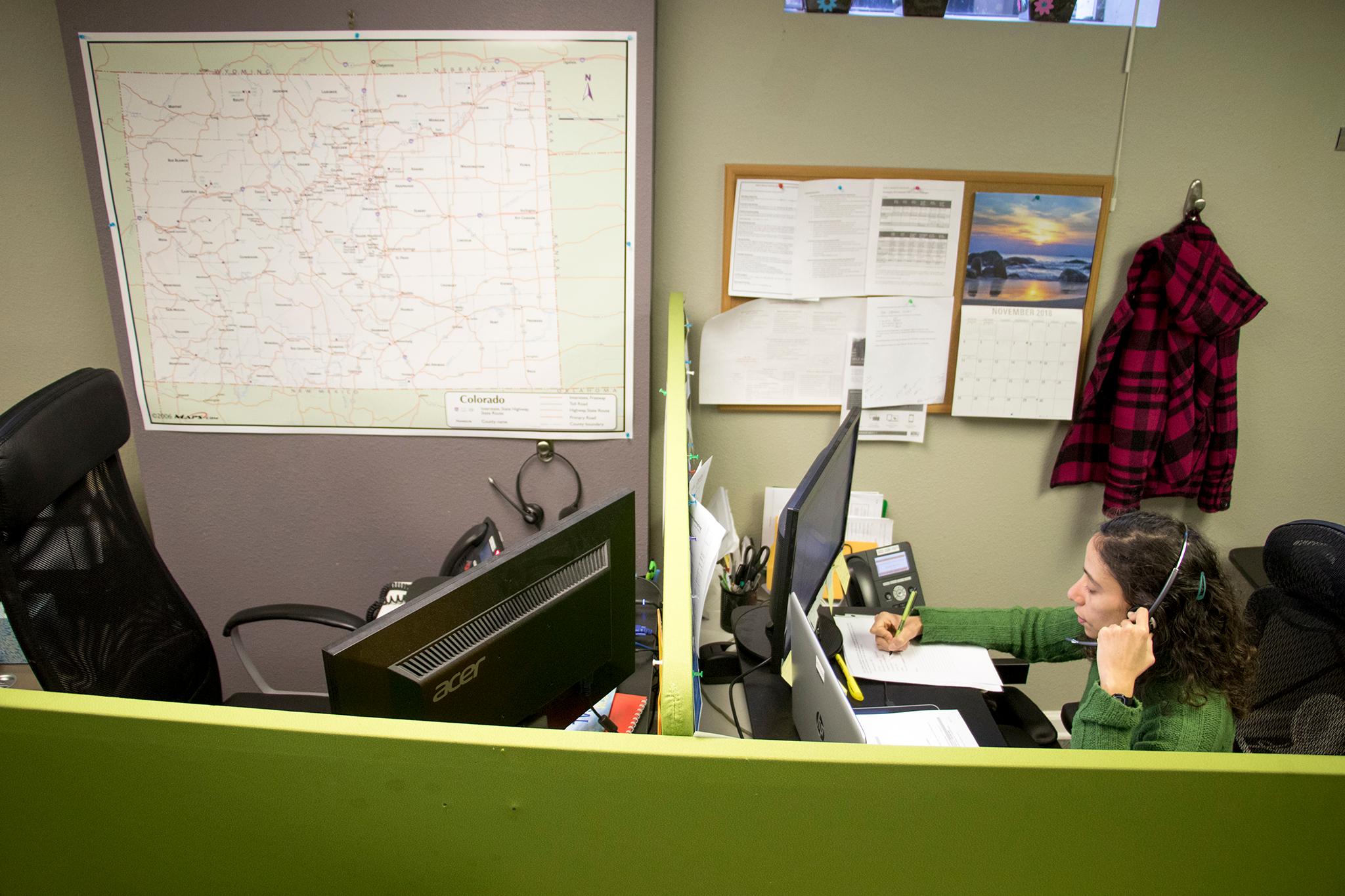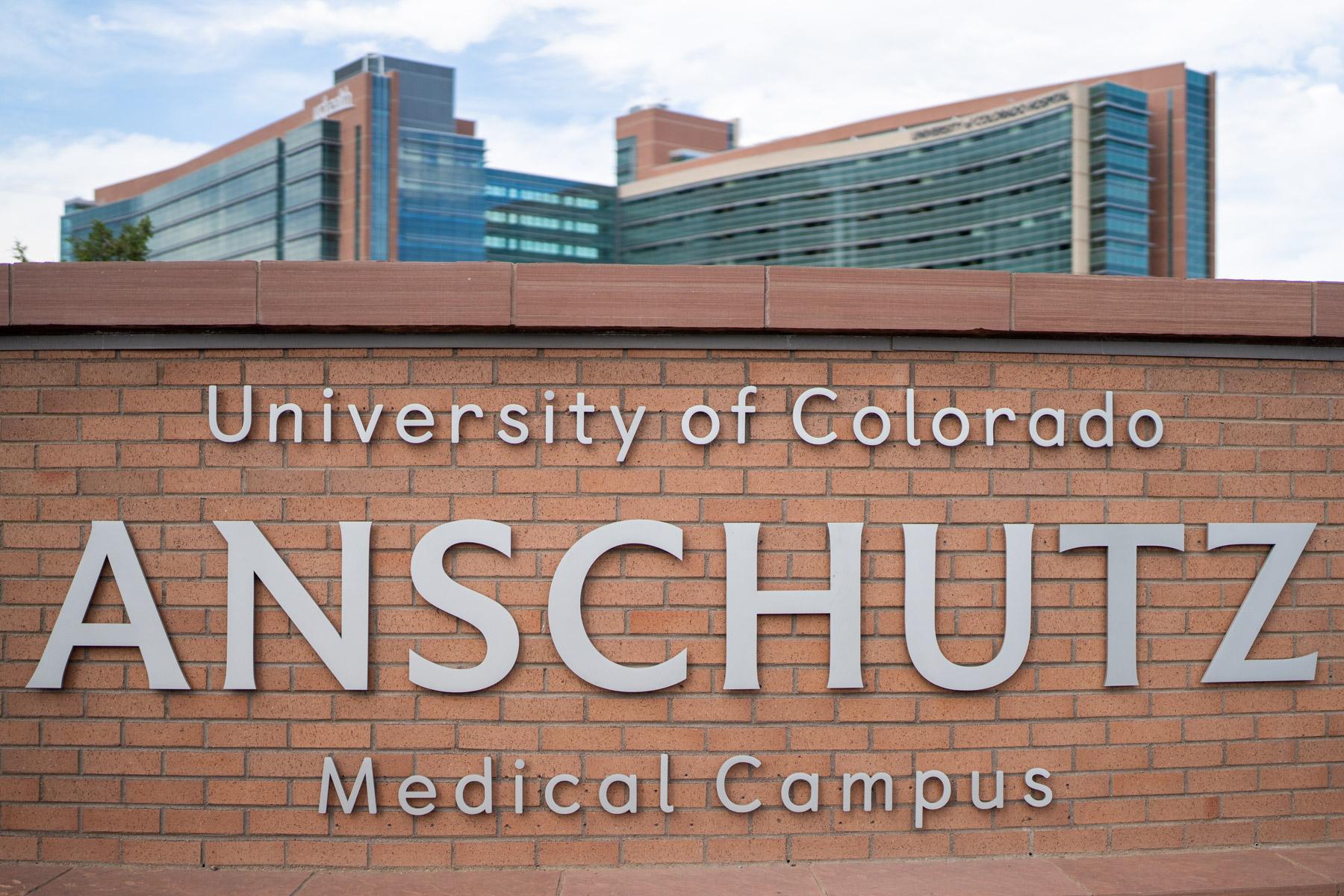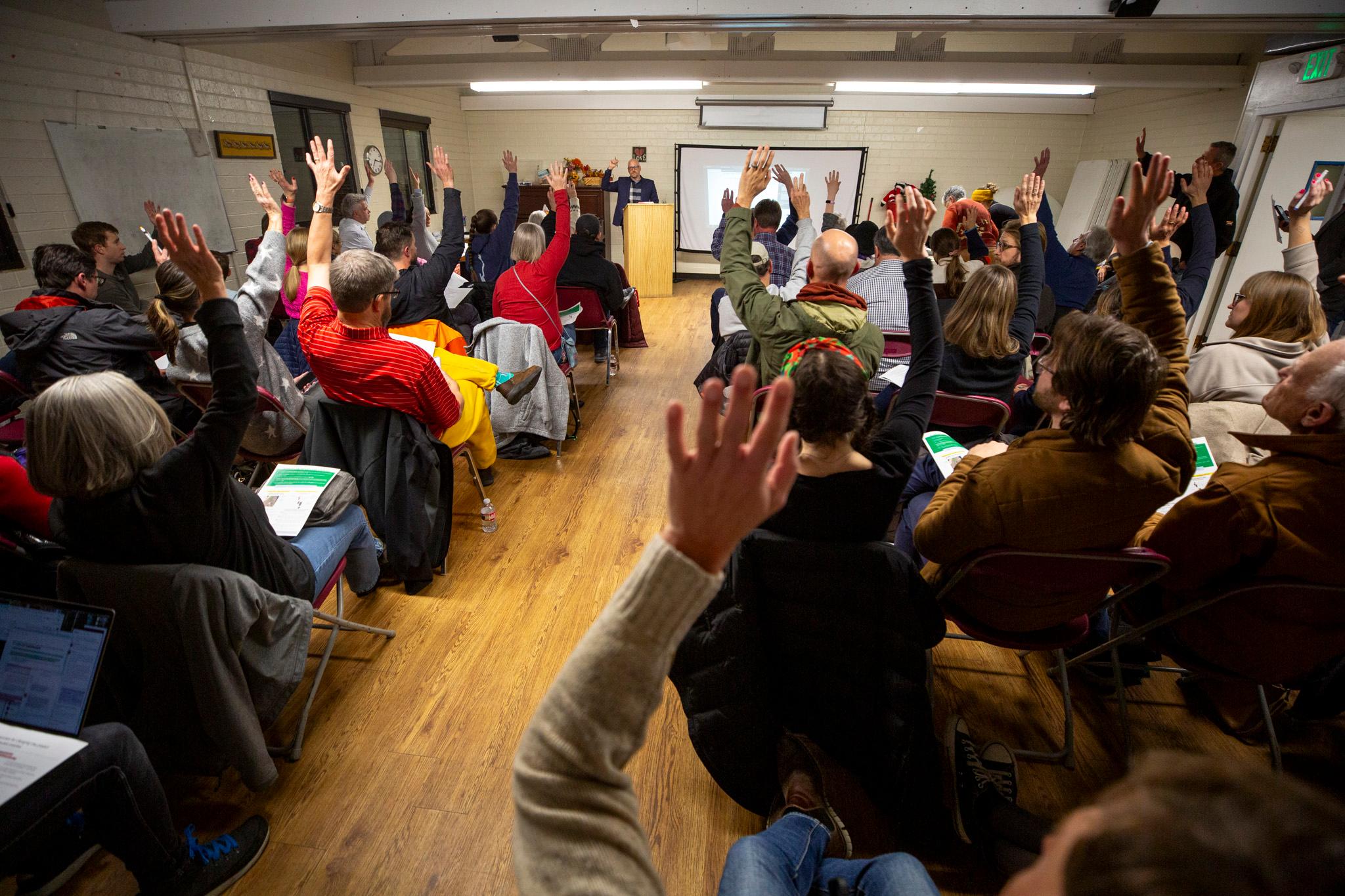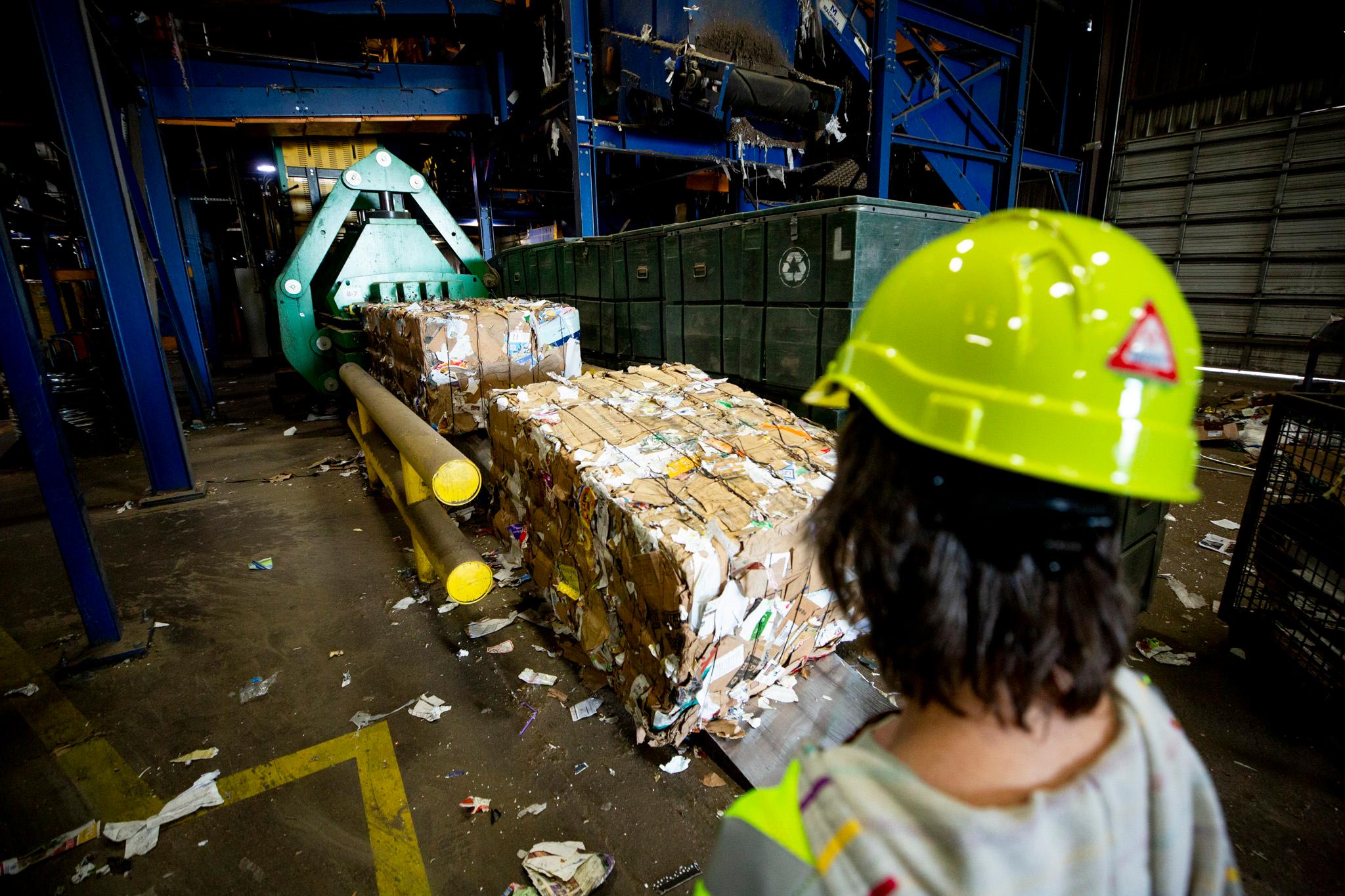Thousands of Denverites who are eligible aren't signed up to get federal food aid.
A new set of recommendations aimed at changing that comes as rhetoric from Washington appears to be making it even harder to persuade people to get help when they are hungry.
"Nobody should be hungry. There's no reason for it," said Todd Jorgensen, who is Denver Human Services' deputy executive director for assistance. "This isn't about welfare. This is about accessing help. It's there for (people) and we just want to connect it with them."
Jorgensen also co-chaired the Denver SNAP Task Force, which this week released the recommendations aimed at getting more people connected to the federal Supplemental Nutrition Assistance Program. Federal SNAP funds are administered by county officials across the country.
According to an analysis by Hunger Free Colorado, which helped convene the task force, SNAP served 81,000 Denverites, brought in more than $10.6 million in federal funds and generated some $19 million in economic activity in an average month in 2016. Denver has set a goal of getting 80 percent of eligible residents enrolled by 2023. Currently, about 64 percent are enrolled, meaning some 45,000 people who could be getting help are not.
City officials estimate one in six people in Denver struggle with hunger or uncertain access to sufficient food.
Government officials, representatives of nonprofits who fight hunger and grocery store staff were among the 40 people who sat on the task force. In addition, two dozen SNAP recipients were consulted. During a series of meetings and focus groups over the last year, the task force identified barriers to enrollment that included lack of information about SNAP and how to apply, the stigma around getting government assistance and concern that enrolling might affect immigration status.
SNAP had been part of a contentious debate over the farm bill that the U.S. House of Representatives passed this week. Republicans had called for tightening eligibility for the benefits. The proposals were dropped, but they echoed the kind of discussion over who deserves help that can fuel stigma.
The sense of shame around food aid is "very frustrating to me," said Amy Nelms, food access manager for the healthy food nonprofit LiveWell Colorado.
Nelms, who sat on the Denver SNAP Task Force, said the farm bill debate was less an issue than proposals from the Trump administration to expand the government's ability to deny immigrants residency or visas if they or family members benefit from SNAP, housing vouchers and other aid programs. Receiving such help, the argument goes, is an indication an immigrant is likely to become a "public charge," or burden taxpayers, if allowed to stay in the United States.
Nelms said LiveWell outreach workers seeking to talk about food benefits are hearing people say, "I don't want anyone to know that I'm on SNAP." She said an evaluation was pending to determine what such anecdotal evidence shows.
Nelms said despite wariness among some, it was still possible to raise awareness about SNAP. Conversations after trust has been established will be more effective than media campaigns, she said.
"I don't think the answer is, 'Don't do outreach,'" she said.
The Colorado Double Up Food Bucks Program, which LiveWell supports, got a special mention in the task force report. Under Double Up, for every dollar in SNAP benefits used at participating farmers markets or select retailers, customers get to use another dollar up to $20 to purchase Colorado-grown fresh fruits and vegetables. The program makes SNAP more attractive, supports Colorado farmers and encourages the consumption of fresh produce. It's also an example of the kind of partnerships that task force members said could help raise awareness and lower barriers.
Nelms said she hoped to see about 20 more markets and grocers across the state, including several in Denver, join Double Up next year.
Jorgensen, Denver's deputy executive director for assistance, said his department has been expanding its outreach efforts, including the recent hiring of a staffer to work with immigrants and refugees who spends most of her time in the field. Jorgensen said he would also like to more regularly have the kind of feedback he found in the task force report.
"We have to have the community voice directly, as well as (from) our community partners," he said.
Ellie Agar, a spokeswoman for Hunger Free Colorado, said her organization's hotline that takes calls from people seeking food aid gave staff members insight into concerns they share regularly with officials in Denver and elsewhere who administrate SNAP benefits.
"We're also trying to increase our ability to get out into the community," she said, citing partnerships with school districts, housing assistance agencies and others.
She said Denver officials have made progress, in part because they are willing to listen. She said the task was not the government's alone.
"Everyone can have an impact on helping people get access to food."













